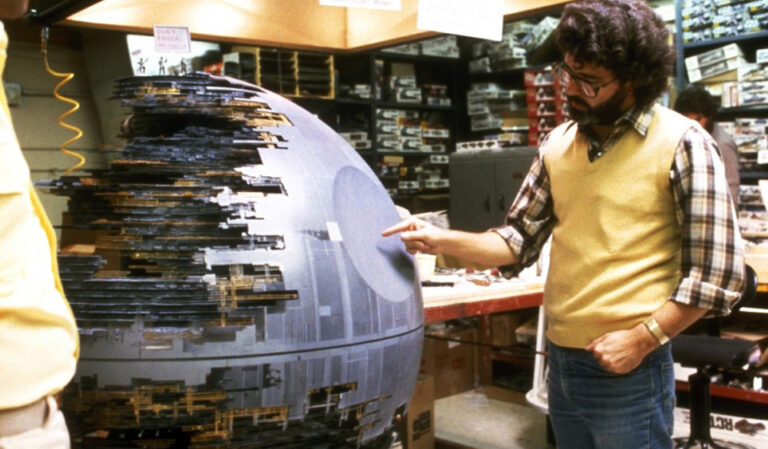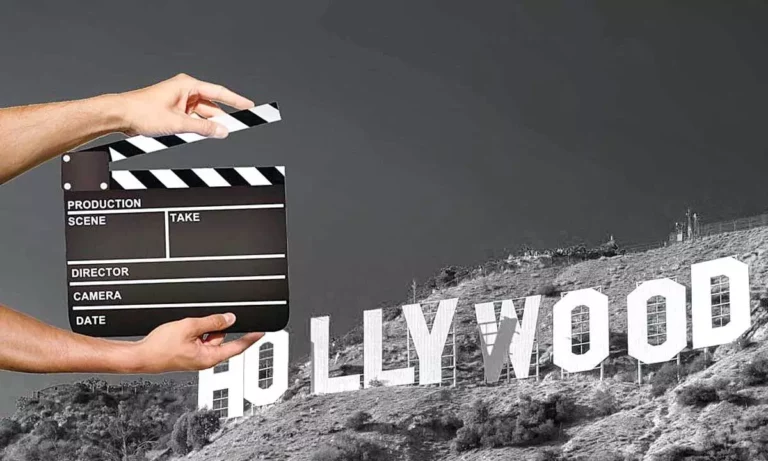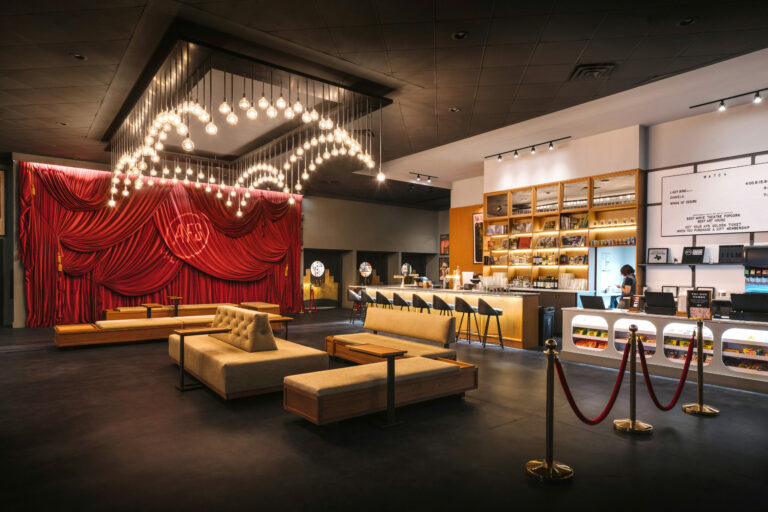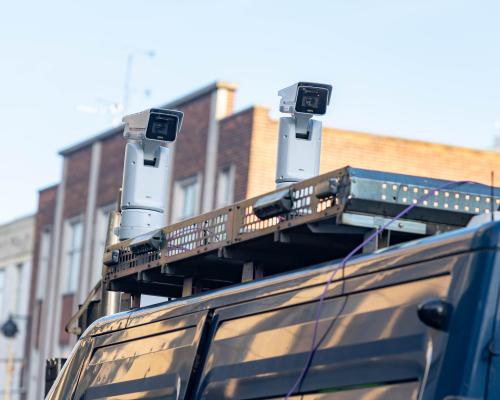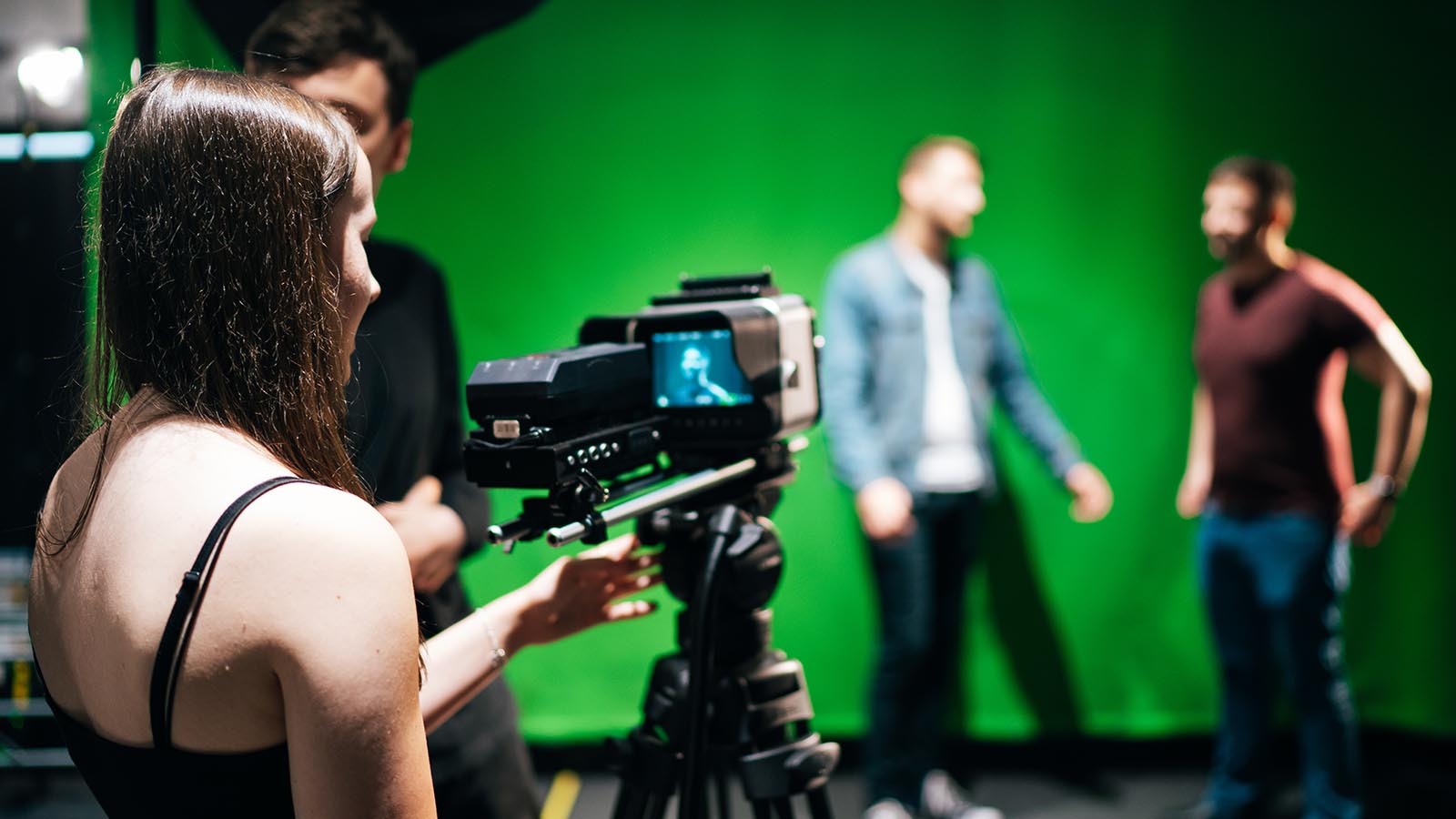
Artificial intelligence is quietly transforming the film industry—from screenwriting and storyboarding to casting and even editing. What once seemed like science fiction is now part of everyday production pipelines.
But is this shift a creative revolution or a threat to human storytellers?
As AI tools become more accessible, filmmakers, producers, and audiences are being forced to reconsider what it really means to “make a movie.”
How AI Is Being Used in the Industry Today
1. Script generation
AI tools like ChatGPT, Sudowrite, and ScriptBook are now used to:
- Generate story outlines
- Predict script success based on sentiment and structure
- Auto-generate dialogue with style matching
Writers aren’t being replaced—yet—but AI is accelerating the first-draft process, helping writers beat writer’s block and structure ideas faster.
2. Casting support
Startups are using AI to analyze:
- Actor fan bases
- Engagement metrics
- Past box office performance
This helps studios cast actors who not only fit the role, but also maximize audience interest.
3. Storyboarding and pre-visualization
AI-generated images and sequences can create rough versions of entire scenes. Tools like Runway ML, Kaiber, and Midjourney let directors visualize their vision before hiring a full crew.
This saves time, money, and friction during production.
4. Voice and dubbing
AI-generated voices (deepfakes, synthetic dubbing) are improving localization. Actors can now “speak” multiple languages, synced with lip movements, using AI voice models.
Case Study: The AI-Assisted Short Film
In 2023, an indie filmmaker released a short film made with:
- A script co-written by AI
- Visuals from an AI image generator
- Voice acting from AI clones
- Edited in a browser-based AI video editor
The film was rough—but intriguing. It challenged assumptions about what “counts” as cinema.
This type of experimental work is becoming more common in film festivals and on platforms like YouTube and Vimeo.
The Controversy: Art vs Automation
The fear
- Will AI replace writers, editors, or even directors?
- Will studios prioritize efficiency over artistic voice?
- Will creativity be homogenized into algorithmic “safe” formats?
These questions echo debates in music, illustration, and even journalism.
The 2023 writers’ strike highlighted this tension, as unions demanded limits on AI-generated scripts and protections for creative jobs.
The hope
- AI can remove barriers to entry for indie creators
- It can empower filmmakers without access to expensive equipment or large crews
- It can serve as a collaborator—not a competitor
Like CGI in the 2000s, AI could be disruptive but ultimately expand storytelling possibilities.
How Big Studios Are Responding
Major studios are cautiously integrating AI:
- Netflix uses AI to optimize thumbnails, recommend content, and A/B test trailers
- Disney has experimented with AI-powered de-aging and VFX tools
- Warner Bros. has invested in script-evaluation AI to assess financial potential
Most don’t rely solely on AI—but they increasingly use it behind the scenes.
Indie Filmmakers Are Leading the Charge
With limited budgets and small teams, indie creators have the most to gain.
- AI editing tools like Runway and Pika Labs help automate cuts and transitions
- Text-to-image platforms like Leonardo AI generate cinematic visuals
- Platforms like ElevenLabs provide realistic voiceovers for characters
AI allows one person to do the work of five—a game-changer for solo creators.
Ethical and Legal Concerns
Who owns AI-generated content?
- Is a script written by ChatGPT copyrightable?
- What happens when AI trains on copyrighted films or dialogue?
- Can studios use an actor’s likeness forever once digitized?
These questions are still unresolved. Laws vary by country, and court rulings are only beginning to emerge.
In the meantime, creators are urged to:
- Disclose AI use
- Seek consent when cloning voices or faces
- Use AI as a tool, not a source of plagiarism
Will Audiences Accept AI-Made Movies?
Surveys show mixed reactions:
- Most viewers say they prefer human-made stories
- But younger audiences are more open to AI-assisted films
- Viewers often can’t tell what scenes are AI-enhanced unless told
Just like CGI, AI might eventually become invisible to the audience—as long as the story works.
The Future of Filmmaking
In the next five years, we may see:
- Entire short films generated with text prompts
- New genres blending human acting with synthetic storytelling
- AI-generated characters acting in interactive, personalized films
- Virtual directors collaborating in real-time with human teams
Filmmaking could become more global, accessible, and experimental.
But the key question remains: Who controls the story? The artist—or the algorithm?

